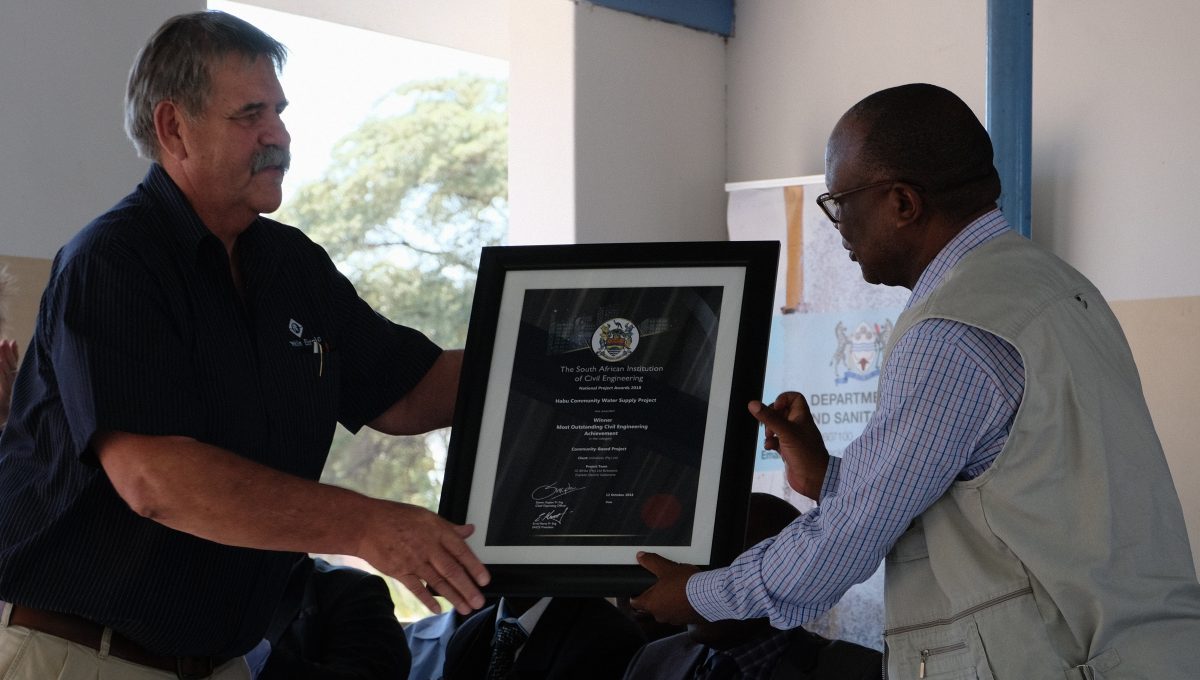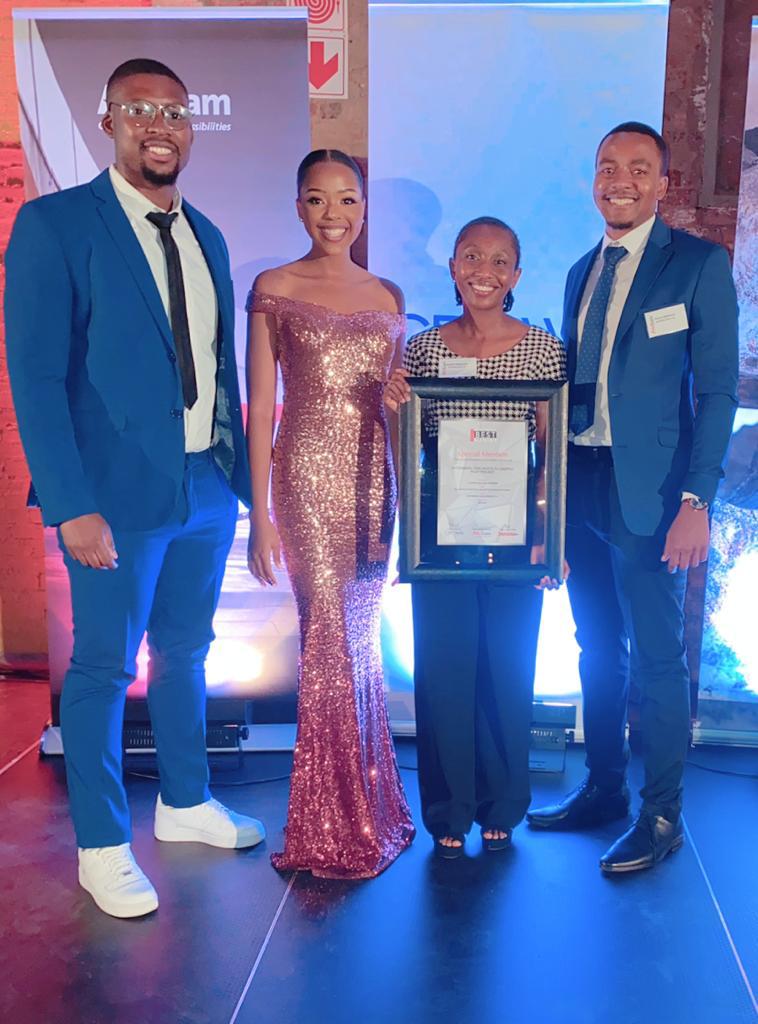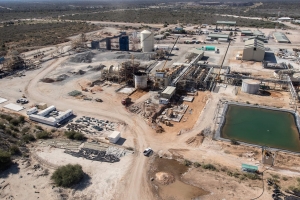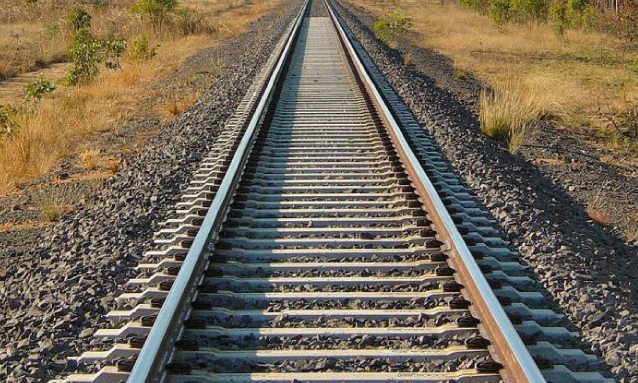
A unique community-based water supply
scheme has brought a reliable supply of water to the community of Habu, in
north-west Botswana, even in the prevailing drought in
the country.
The
Botswana Ministry of Land Management, Water and Sanitation Services hosted an
event on 20th March
to celebrate the formal handover to the
Government of Botswana, of the Habu Community Water Supply infrastructure. The scheme, which has been successfully
managed by the community for two years, has provided a reference for the
roll-out of more water-security measures in other areas of Botswana.
Ms
Bogadi Mathangwane, Director of the Department of Water Affairs said that the
stellar performance of the scheme since its completion in 2016 had provided the
Botswana authorities with ample evidence that they now have a potential
blueprint for community-managed water supply schemes in rural areas.
Held
at a Kogtla in Habu village, the
event was also attended by Dr. Obolokile Obakeng, Permanent
Secretary of the Ministry of Land Management, Water and Sanitation Services;
and representatives of the Water Utilities Corporation (WUC).
Ruth
Stewart, Managing Director of Initiatives; Robyn Tompkins, an Executive Associate
at JG Afrika Botswana; and Attie Jonker, Managing Director of Franklin Electric
and Executive Director of the Franklin Wells for the World Foundation, were
also in attendance.
Tompkins,
a Water, Sanitation and Health (WASH) development expert, led the JG Afrika
team that was appointed by Initiatives to assist in the design and development
of this first-of-a-kind water-supply project for the larger Habu community on
behalf of the Paul G Allen Family Foundation’s Philanthropy programme.
Meanwhile,
Franklin Electric was contracted by JG Afrika to install the borehole pumps and
Franklin Wells for the World Foundation donated borehole infrastructure, in
addition to that supplied by the Paul G Allen Family Foundation, which allowed
the project team to install two boreholes.
The two boreholes provide more than ample water supply to this large
community comprising about 1 500 people.
In
her address, Ms Bogadi Mathangwane said:
“When Robyn initially presented this concept to me in 2015, I wondered
if it could be done, because we had tried this model in other communities and
it hadn’t worked. However, she presented a clear roadmap of how they could
work; and today, I see it has.”
The
unit costs associated with operating and maintaining water schemes in these
extremely remote locations is high.
Before
JG Afrika completed the water scheme, members of the Habu community did not
have a reliable supply of water for up to three years.
A
cornerstone of the success of the water scheme in Habu is the significant
attention that was given to the social aspects, which took the lead on this
project and ensured the necessary community buy-in.
In
addition to involving the community in the project right from the outset, JG
Afrika developed a robust governance framework for the scheme and a toolkit to
train representatives of the dedicated water-user committee, who also underwent
technical training in the basic maintenance of the infrastructure at
installation.
Community
members pay for their consumption by registering with a water association and
then present a stamped token to the monitors who open the taps at 9:00 am and
lock them at 6:00 pm.
A
simple water-supply scheme was developed that can be easily operated and
maintained by trained members of the community.
It
consists of five tanks on stands that supply taps located at a central point
for each of Habu’s five wards, while the pumps are powered by solar energy with
manual switches.
Tompkins
points to a number of steps taken by the Botswana government that support the
wider introduction of this approach to water delivery in rural settlements.
“The
Integrated Water Resources Management & Water Efficiency Plan, which
identifies water-user associations and committees as a feasible solution to the
challenges that have hindered attempts to ensure water-security in these areas,
was developed by the Botswana Government in 2013. Meanwhile, the country’s
authorities are also in the process of developing a water-catchment model in
which water-user associations and committees are an important sub-component of
the management of the country’s water resources,” she says.
Moreover,
the World Bank approved a US$145,5-million
loan to the Botswana government in 2017 to improve water availability in
drought-vulnerable areas, many of which are in rural areas of the country.
Notably, part of this loan will be used
to fund the augmentation or rehabilitation of existing water schemes in select
areas of Botswana, and it is possible that the new model could be incorporated
into this component of the project that is expected to benefit over 450 000
people in the country.
Meanwhile, Tompkins is planning to host
a workshop for representatives of the WUC and the Department
of Water and Sanitation, the latter now being the owner of the Habu scheme, to
fine-tune the service delivery model.
Important experiences could also be drawn from the
successful community-based water-supply schemes in the neighbouring Kavango and
Zambezi regions in Namibia, where community managed water supply is a national
policy.
The Namibian model initially helped influence and
shape the Habu project model, which was adapted for the Botswana context by JG
Afrika.
Community
management of the scheme can significantly improve monitoring and evaluation,
which will help identify weaknesses timeously, improve repair turnaround times
and identify best-practices that could be implemented in other areas.
Jonker
lauded JG Afrika for its stellar performance in Habu and congratulated the firm
for the award it received for outstanding engineering in a community-based
project at the South African Institution of Civil Engineering annual awards in
2018.
Framed
copies of the award certificate were presented to Keemisetswe Khootla, the Assistant Chief
and Headman of Arbitration in Habu; and to Dr Obakeng, because it was a team
effort which harmonised Social, Political and Technical aspects, to bring home
this milestone project.
More
information from Charmagne Denny, Tel: +27 11 231 2200 | Fax: +27 11 807 7006
Email: [email protected]





